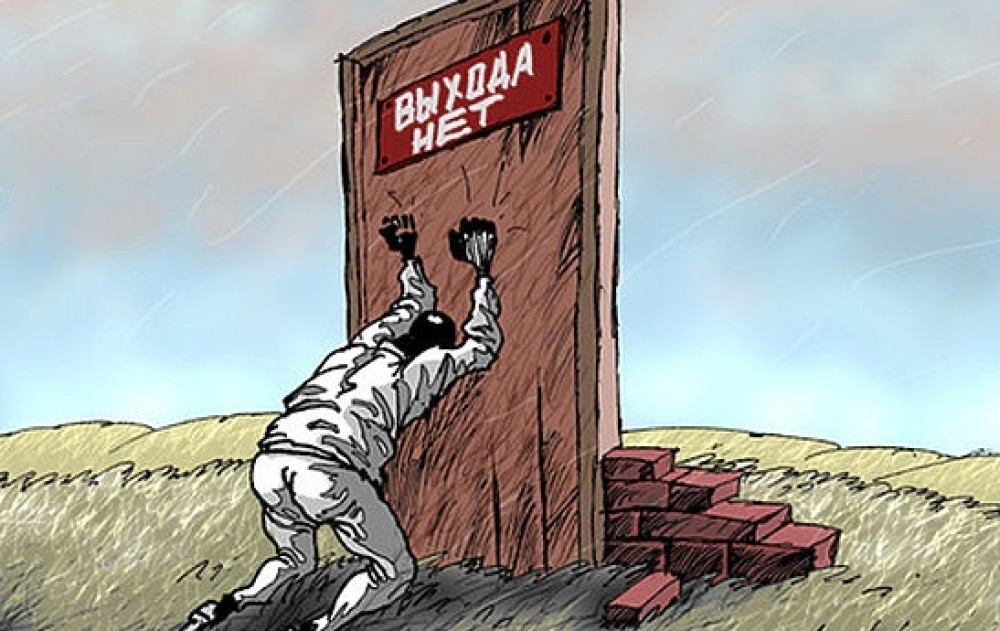Learned Helplessness: Origins and Definition
The concept of learned helplessness was first introduced in 1964 by American psychologist Martin Seligman. As a young graduate from the University of Pennsylvania, Seligman made observations that laid the foundation for one of the most well-known and thoroughly researched psychological theories. Psychologists define helplessness as a state that arises when a person feels that external events are beyond their control and that nothing they do can prevent or change these events. When this state and its associated motivational patterns carry over into other situations, it is referred to as learned helplessness.
According to Russian psychologist V. G. Romek, even a brief experience of uncontrollability in the surrounding world is enough for learned helplessness to take on a life of its own, eventually guiding our behavior independently.
Consequences of Learned Helplessness
The expectation that outcomes do not depend on one’s actions, and the experience of uncontrollable events, lead to several consequences:
- Motivational: Uncontrollable events reduce motivation to seek responses that could help regain control, leading to less effort to prevent or actively manage difficult situations.
- Cognitive: As a result of uncontrollable events, people struggle to learn that their actions can influence situations, which fosters pessimism.
- Emotional: Repeated experiences with uncontrollable events gradually lead to an emotional state similar to depression.
It’s important to note that it is not the unpleasant or painful events themselves that cause helplessness, but rather the experience of being unable to control them. Researchers have identified several external factors that contribute to the development of learned helplessness:
- Complete lack of consequences for active behavior (deprivation)
- Monotony of consequences
- Asynchrony, or lack of visible connection between actions and their outcomes
Learned Helplessness in the Workplace
Lack of Consequences
Employees may not receive feedback about the results of their efforts. For example, if meetings are regularly held where employees suggest improvements but management never responds, suggestions will eventually stop.
Monotony of Consequences
If an employee faces constant criticism from management regardless of their actions, and cannot leave the job, they may eventually give up and become passive. Learned helplessness can also develop when positive outcomes are monotonous. For instance, an employee with a powerful patron in the organization who is protected from negative consequences, regardless of their actions, may become just as helpless as someone who constantly faces difficulties.
Overall, as Romek notes, helplessness arises when a person trying to solve a behavioral problem cannot find any pattern in how others respond to their actions, and no one helps them discover such a pattern.
Asynchrony of Consequences
Helplessness also develops when a person cannot determine why their efforts are sometimes effective and sometimes not. This may be due to a significant delay between actions and their consequences, making it impossible to connect management’s reactions to specific behaviors. For example, random bonuses or delayed feedback only reinforce the belief that nothing depends on the employee’s actions.
Task Difficulty
Research shows that if employees are given tasks that are too difficult, they begin to doubt their abilities, and each failure feels uncontrollable, leading to helplessness. However, if they realize that a task is unsolvable in principle, they attribute failure to external factors, not themselves. If they believe the task is solvable but requires special training they lack, helplessness does not develop.
Personal Factors Contributing to Helplessness
- Previous experience of uncontrollability: Past failures where the person could not influence the outcome.
- Belief that success depends on luck: People with this mindset are less active and effective than those who believe success depends on their own efforts and abilities.
- Locus of control: This refers to whether a person feels they can influence their own life and others. Those with an internal locus of control believe they can affect outcomes, while those with an external locus attribute outcomes to outside forces.
Studies show that people with an external locus of control develop helplessness more quickly than those with an internal locus. However, if a failure is significant to someone with an external locus, the feeling of helplessness can be acute but usually does not generalize to other situations. If a person attributes failure to themselves (internal locus), they may explain it in two ways:
- By negative personal qualities (such as lack of ability), which are seen as stable and unchangeable. This leads to a generalization of helplessness and a decrease in motivation.
- By insufficient effort: “I failed because I didn’t work hard enough.” In this case, the person believes that with more effort, they can succeed.
Understanding these personality traits in job candidates can help predict their activity levels, especially when facing difficulties and setbacks.
Prevention and Overcoming Learned Helplessness
Psychologists agree that it is easier to prevent learned helplessness than to change it once it has developed. However, the theory also suggests ways to both prevent and overcome this state. To protect people from expecting uncontrollable events, it is important to provide experiences of full control. Organizations should foster a corporate culture and management style that demonstrate the possibility of control over the environment, offering timely and varied feedback. This creates conditions that develop proactive and competent (rather than helpless) employees.



